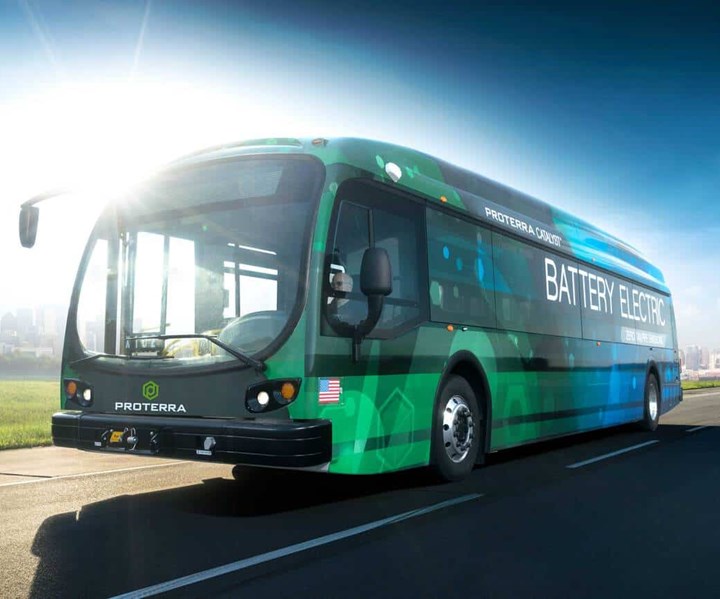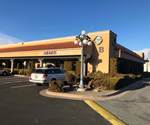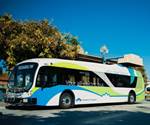Abaris provides on-site technical training for Proterra customers
The training is a joint effort designed to teach structural composite repairs to Proterra’s more than 100 North American metro-transit customers.

40-foot Catalyst electric bus. Source | Abaris
On Jan. 28, Abaris Training Resources Inc. (Reno, Nev., U.S.) announced the completion of the ninth training class for Proterra (Burlingame, Calif., U.S.), a leading innovator in heavy-duty electric transportation. The training is a joint effort designed to teach structural composite repairs to Proterra’s more than 100 North American metro-transit customers. The most recent class was held Jan. 7-9, 2020 for the Toronto Transit Commission in Toronto, Canada, and another class is scheduled in May for the Edmonton Transit Service in Edmonton, Canada.
Proterra is reported to be the only transit bus manufacturer using composite material for its buses. Proterra’s bus body utilizes carbon fiber-reinforced composites in the construction, resulting in a lightweight, impact-absorbing and corrosion-resistant vehicle. Unlike steel bus frames, Proterra’s composite material maximizes vehicle performance and life while minimizing repairs and maintenance. (Read more about the design and manufacture of Proterra’s Catalyst bus.)
“The lightweight composite material we use to build our battery-electric buses removes 4,000 pounds of weight compared to a typical metal bus frame and chassis, which allows us to store more energy on board and increase the range of the bus to meet the daily route needs of transit agencies,” says Ryan Popple, Proterra CEO. “Having a composite body is what helped us exceed the world record for longest distance driven by an electric vehicle on a single charge — 1,101.2 miles with 660 kWh of energy storage.”
Proterra partners with Abaris to offer a thorough, multi-day training class for structural composite maintenance for all of its customers. The three-day classes offer a mix of classroom and hands-on repair practice in the shop.
“Our Proterra training consists of discussions about reinforcement materials (i.e. stitched and random mat, etc.), material safety, repair design considerations, adhesive bonding to both composite and metals, fastener installation, resins and other fibers,” says Michael Meringolo, primary Abaris technical instructor on the program. “The shop work consists of three repairs: minor impact (typically outer skin and slight core damage), medium energy impact to the outer skin and full depth core, and high energy, structure impact damage, consisting of removing the outer skin and core to gain access to the inner skin, repair of the inner skin, core fill, and repair of the outer skin.”
According to Abaris, this ongoing training effort has successfully trained dozens of mechanics since its inception in 2016 and is scheduled to continue into the new decade.
Related Content
-
Co-molding SMC with braided glass fiber demonstrates truck bed potential
Prepreg co-molding compound by IDI Composites International and A&P Technology enables new geometries and levels of strength and resiliency for automotive, mobility.
-
Automotive chassis components lighten up with composites
Composite and hybrid components reduce mass, increase functionality on electric and conventional passenger vehicles.
-
SMC composites progress BinC solar electric vehicles
In an interview with one of Aptera’s co-founders, CW sheds light on the inspiration behind the crowd-funded solar electric vehicle, its body in carbon (BinC) and how composite materials are playing a role in its design.

.jpg;width=70;height=70;mode=crop)














